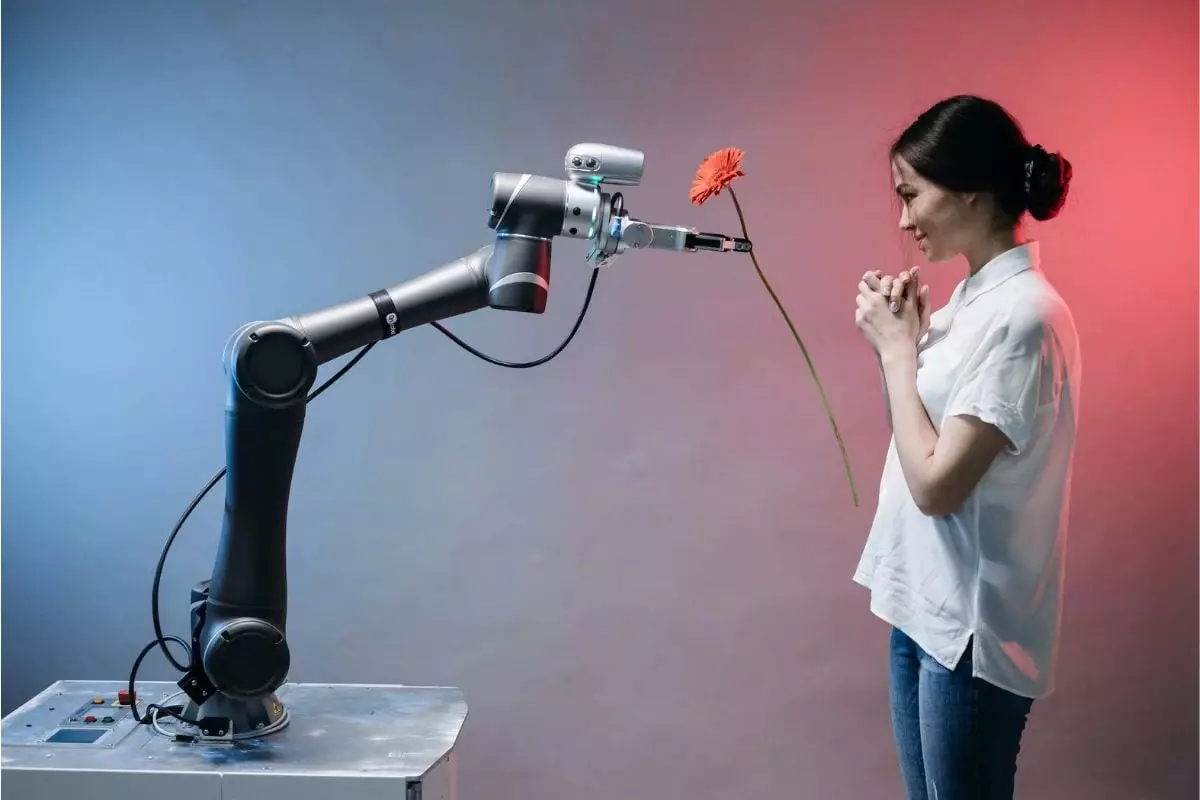Valentine’s Day is a time when people express their love and affection for one another. In recent years, however, there has been a growing trend of using artificial intelligence (AI) to help compose love letters. According to a report by security software firm McAfee, one in four adults plan to use generative AI tools to write a love letter for their partner or potential love interest. This raises the question of whether AI can truly capture the essence of human emotions and the art of writing.
What is most intriguing about the McAfee report is that more than two-thirds of the adults surveyed could not differentiate between a love letter written by AI and one written by a human. This suggests that AI has reached a level of sophistication where it can mimic human writing convincingly. The findings from the study shed light on the growing influence of AI in transforming our relationships and the way we express love.
The Role of AI-powered Ghostwriters
The study revealed that a significant number of respondents were already planning to use AI-powered ghostwriters, such as OpenAI’s ChatGPT and Microsoft Copilot, to help them profess their love. The reasons cited for using these tools varied, with many individuals believing that it would make them appear more confident. Additionally, the lack of time or inspiration to write a love letter personally was also a common factor. These AI-powered tools offer convenience and efficiency, allowing users to quickly generate heartfelt messages without exerting much effort.
While AI has undoubtedly made it easier for people to express their emotions, it also presents potential risks. The McAfee study highlighted the dangers of AI-powered tools being exploited by cybercriminals for romance scams. These scams prey on vulnerable individuals by promising love and relationships that are often too good to be true.
The study revealed that a staggering 51 percent of surveyed individuals admitted to being catfished, falling victim to online deception by fake personas. AI’s ability to imitate human writing style and interact convincingly raises concerns about the manipulation and exploitation of people’s emotions for malicious purposes.
In light of these findings, McAfee urges individuals to remain vigilant during this romantic period. It is crucial to exercise caution when engaging with strangers online, as well as individuals we may already know. Requests for money or sensitive information should never be entertained, especially coming from unfamiliar sources.
While AI can undoubtedly aid in the composition of love letters, it is essential to preserve the authenticity and personal touch that human writing brings. Love letters have long been cherished for their heartfelt sentiment and unique expression of emotions. AI should be seen as a tool to enhance the creative process, not as a replacement for genuine human connection.
As technology continues to advance, the line between AI and human writing will inevitably blur. It is crucial for individuals to approach the use of AI in love letters with caution and to recognize its limitations. True connection and emotional depth cannot be fully replicated by machines.
The McAfee report highlights the growing influence of AI in the realm of love letters. While AI-powered tools offer convenience, individuals must remain cautious of potential risks, such as romance scams. It is essential to strike a balance between leveraging technology and preserving the authenticity of human expression. Love letters should remain a testament to the human capacity for genuine emotion and connection.


Leave a Reply